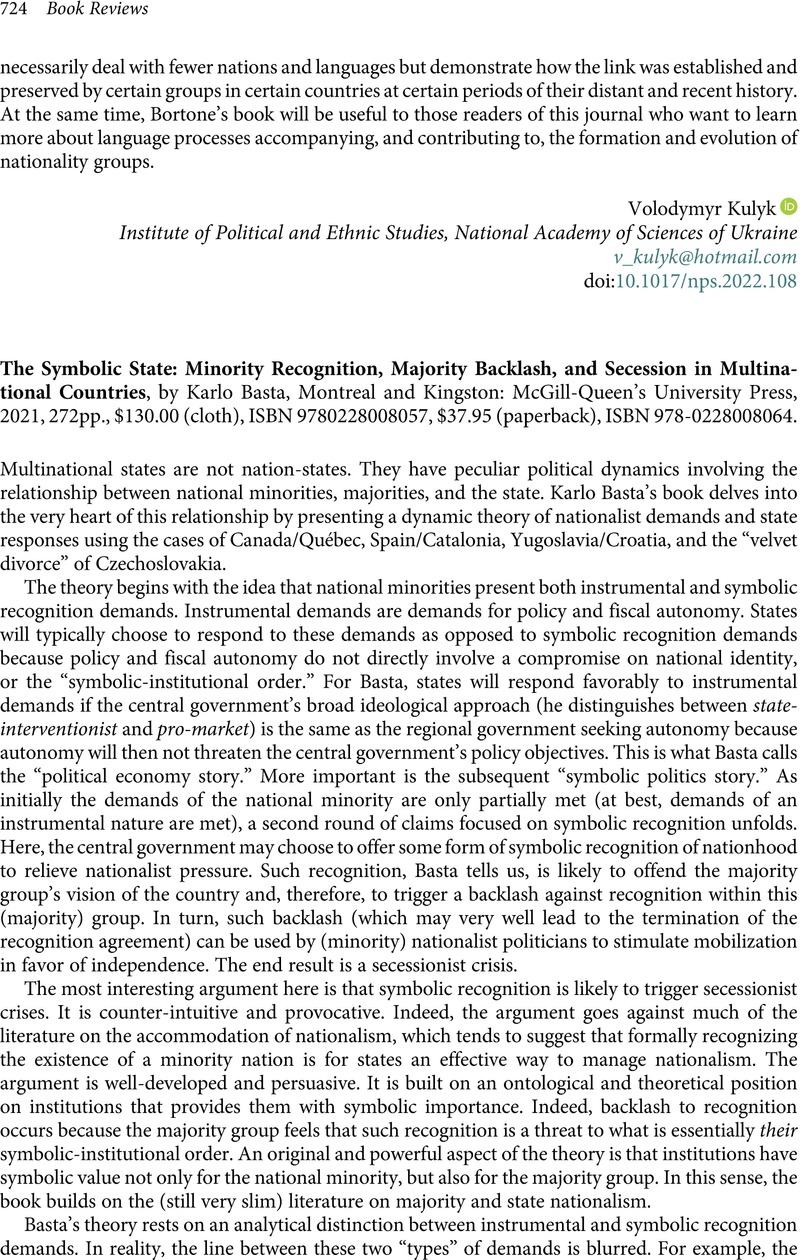Crossref Citations
This article has been cited by the following publications. This list is generated based on data provided by Crossref.
Sharma, Chanchal Kumar
2024.
Fiscal Federalism and Diversity Accommodation in Multilevel States: A Comparative Outlook.
p.
145.




